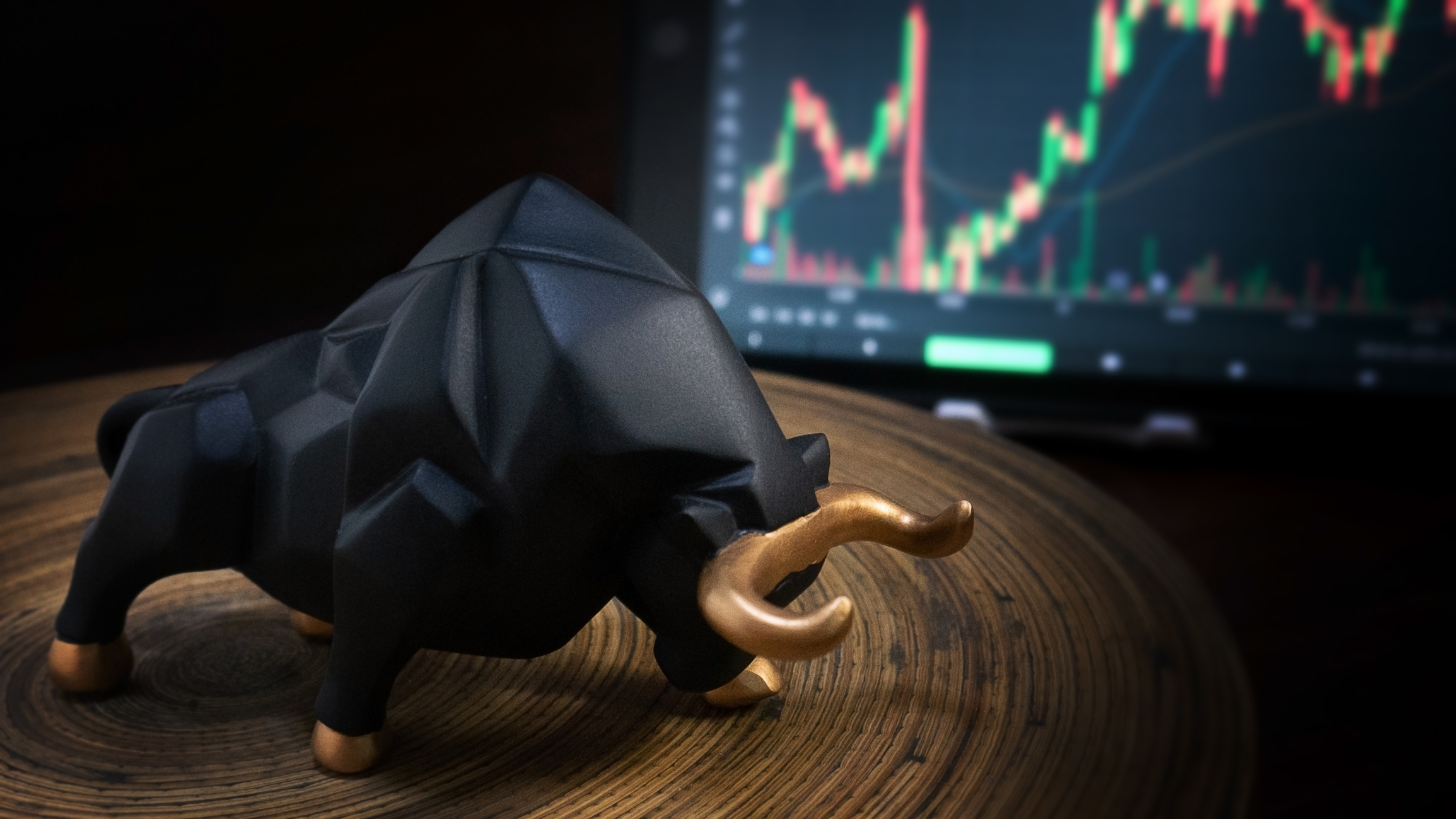
In the vast, sprawling fields of American capitalism, where ten titans stand above the rest with market values surpassing a trillion dollars, there lies a story not of triumph alone but of the toil it demands from those who labor beneath their shadow. These giants-Microsoft, Nvidia, Taiwan Semiconductor, Meta Platforms, Amazon, Alphabet, Apple, Broadcom, Berkshire Hathaway, and Tesla-are more than mere corporations; they are engines of progress and exploitation alike.
- Microsoft, with its median target price set at $630 per share, promises 26% upside from its current perch of $501.
- Nvidia, ever the darling of Wall Street, holds a median target of $211, implying 24% growth from $170.
- Taiwan Semiconductor is valued at $276 per share, offering 21% potential gains over $228.
- Meta Platforms glimmers at $875, a 20% leap from $731.
- Amazon, relentless as ever, sits at $264, an 18% rise from $224.
- Alphabet edges forward with $225, suggesting modest 8% upside from $208.
- Apple, stoic and steady, aims for $245, just 7% higher than $228.
- Broadcom hovers near $310, a scant 5% gain above $295.
- Berkshire Hathaway, wise yet wary, faces a 1% downside risk to $487 from $501.
- Tesla, volatile and electric, teeters on a 1% decline to $329 from $331.
Among these colossi, Microsoft rises tallest in the eyes of analysts, though Nvidia nips closely at its heels. Yet what does this mean for the worker whose fingers tap keyboards or the coder whose dreams are woven into lines of code?
Artificial Intelligence: A New Master for the Working Class
Microsoft, that leviathan of enterprise software, has tethered itself to the mast of artificial intelligence. Its Copilot, a creation born not of flesh but of algorithms, whispers suggestions into the ears of office workers and engineers alike. It summarizes, predicts, even commands within Word and Excel, becoming both helper and overseer. In March, the number of souls entrusting their tasks to Copilot tripled, and by June, monthly users soared past 100 million-a testament to efficiency, perhaps, but also to dependence.
“Customers continue to adopt Copilot faster than any other new tool,” declared Satya Nadella, his voice echoing through earnings calls like a factory whistle signaling another shift. But behind every keystroke lies a human burdened by the pressure to produce more, faster, better. Azure, Microsoft’s cloud behemoth, stands second only to Amazon, yet its climb is marked by competition fierce enough to erode three percentage points of market share in a single year. Still, Nadella speaks boldly: “I have never been more confident.” Confidence, yes-but for whom?
The Price of Progress
Microsoft reported revenues of $76.4 billion in the June quarter, a figure polished bright by growth across its dominions: cloud, software, advertising. Net income swelled 24%, reaching $3.65 per diluted share. Grand View Research foresees enterprise software spending rising 12% annually until 2030, while cloud services will surge at 20%. Such numbers dazzle, yet they obscure a darker truth.
For all its brilliance, Microsoft trades at 37 times earnings-a valuation steep enough to make even the most patient investor pause. The PEG ratio, a cruel arbiter of value, places Microsoft far above peers like Alphabet, Amazon, and Nvidia. While Wall Street projects annual earnings growth of 12%, such optimism feels brittle when weighed against the lives entangled in these systems.
And so we arrive at the crux: Microsoft is undeniably powerful, its strategies sound, its ambitions vast. Yet its ascent comes at a cost shouldered by the many-the coders, the clerks, the unseen hands that feed its insatiable machine. Patient investors might buy a few shares today, but let them do so with eyes wide open. For beneath the gleaming towers of Redmond, the struggle continues 🌱.
Read More
- Top 15 Insanely Popular Android Games
- Gold Rate Forecast
- Did Alan Cumming Reveal Comic-Accurate Costume for AVENGERS: DOOMSDAY?
- EUR UAH PREDICTION
- 4 Reasons to Buy Interactive Brokers Stock Like There’s No Tomorrow
- Silver Rate Forecast
- DOT PREDICTION. DOT cryptocurrency
- ELESTRALS AWAKENED Blends Mythology and POKÉMON (Exclusive Look)
- Core Scientific’s Merger Meltdown: A Gogolian Tale
- New ‘Donkey Kong’ Movie Reportedly in the Works with Possible Release Date
2025-09-03 11:17